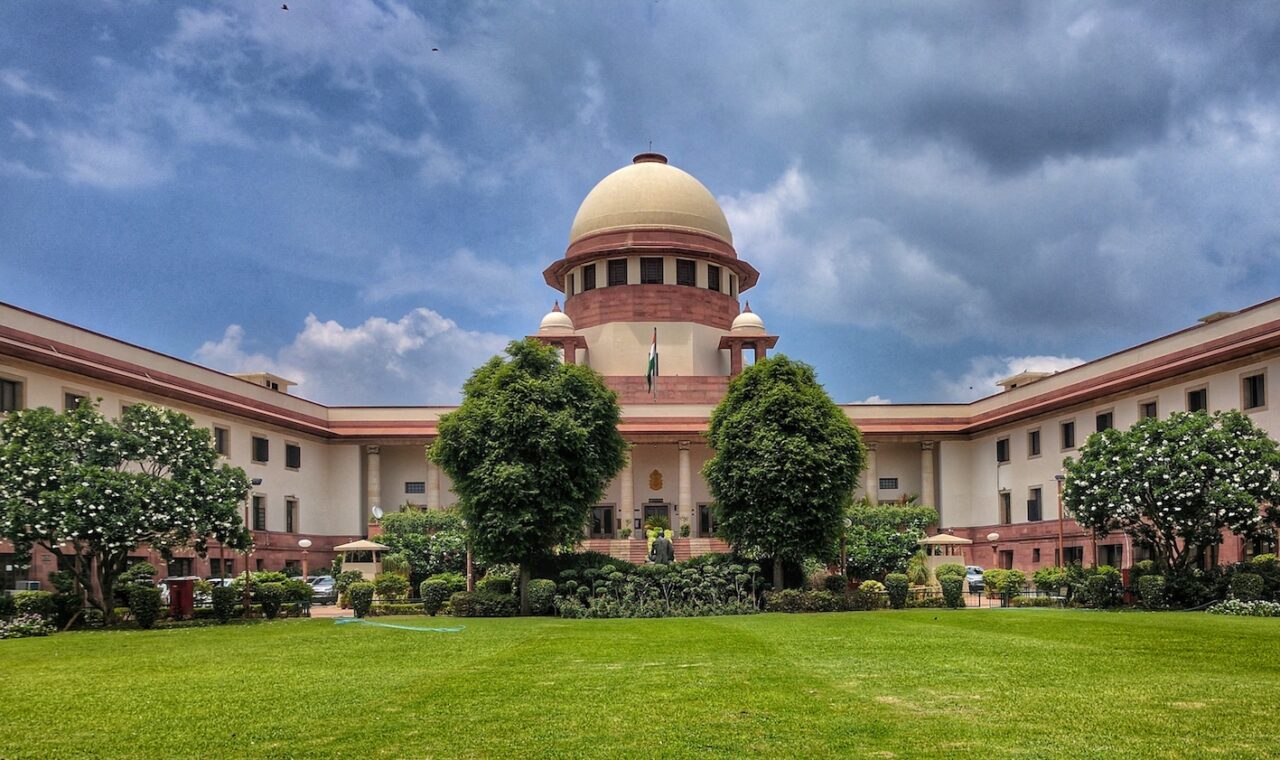When the Statutes have not prescribed any conditions for affiliation but have left it to the Syndicate to take care of matters relating to affiliation, the function of the Syndicate to lay down norms and standards by virtue of the powers conferred by Section 30(2), is made free of any fetters. This judgment was delivered by three judge bench comprising hon’ble Chief Justice of India S.A. Bobde, Justice A.S. Bopanna and Justice V. Ramasubramanian at Supreme Court in the matter APJ Abdul Kalam Technological University & anr. v. Jai Bharath College of Management and Engineering Technology & Ors. [ C.A. No. 4016 of 2020].
Aggrieved by the order passed by the Division Bench of the Kerala High Court directing the Vice Chancellor of the University to reconsider the application for affiliation of a new B.Tech course, submitted by the first respondent, which is a self-financing Engineering College, solely on the basis of the extension of approval granted by the All India Council for Technical Education (hereinafter referred to as “AICTE”), the APJ Abdul Kalam Technological University, which is a State University and its Vice Chancellor have come up with this appeal. The writ petition filed by the first respondent challenging the denial of affiliation for starting a new B.Tech course in Artificial Intelligence and Data Science, was taken up along with similar writ petitions filed by other colleges (including those filed by the Colleges, which have now come up with applications for intervention/impleadment and for vacation of interim order) and all of them were disposed of by a learned Judge of the High Court by a Judgment dated 06.08.2020.
Not satisfied with the partial relief granted and the directions issued by the learned Judge, the first respondent filed a writ appeal in Writ Appeal No.1073 of 2020 before the Division Bench of the High Court. The other Colleges who were writ petitioners, also filed separate writ appeals. Aggrieved by the said judgment of the Division Bench of the Kerala High Court, the University has come up with the above appeal. It is stated across the Bar that the appellant University has filed similar appeals against the very same impugned Judgment and those appeals are yet to be numbered. Therefore, when the colleges filed writ appeals and argued about the procedure to be followed under Section 14(6) in the absence of the Statutes, the appellant University relied upon the Statutes issued on 07.08.2020 and the power of ratification. Statute No.93 was brought to the notice of the Division Bench to show that all matters relating to affiliation fell within the scope of the powers of the Syndicate. But the Division Bench not only rejected the argument of ratification, but also rejected the reliance placed upon Statute No.93 on the ground that the power under Statute No.93 may relate only to the grant of affiliation of a teaching course or any subject in a teaching course, conducted in any of the colleges which are not affiliated.
The Hon’ble SC while deciding upon the matter stated that the norms prescribed by the Syndicate in its meeting held on 24.06.2020 under the Chairmanship of the Vice Chancellor could not have been taken exception to. After all, the norms which the Colleges have objected to, merely seek to ensure that at least 50% of the outgoing students had passed their respective courses and that the Institution should have the most recent academic audit overall score of “Good”, apart from having an actual intake of more than 50% of the sanctioned intake in the preceding three years on an average. We fail to understand how colleges can demand affiliation for creating additional courses, when the pass percentage of outgoing students is less than 50% and the Colleges could not even have an average intake of more than 50% of the sanctioned intake in the preceding three years. Accordingly, the appeal is allowed and the impugned judgment of the High Court is set aside. The resolution passed by the Syndicate on 24.06.2020 in modification of the earlier resolution dated 04.02.2020 is upheld. As a corollary, the consequential actions, if any, of the University as regards the first respondent College are also upheld. The applications for impleadment/intervention are dismissed and the other pending applications, if any, shall stand disposed of. There will be no order as to costs.


